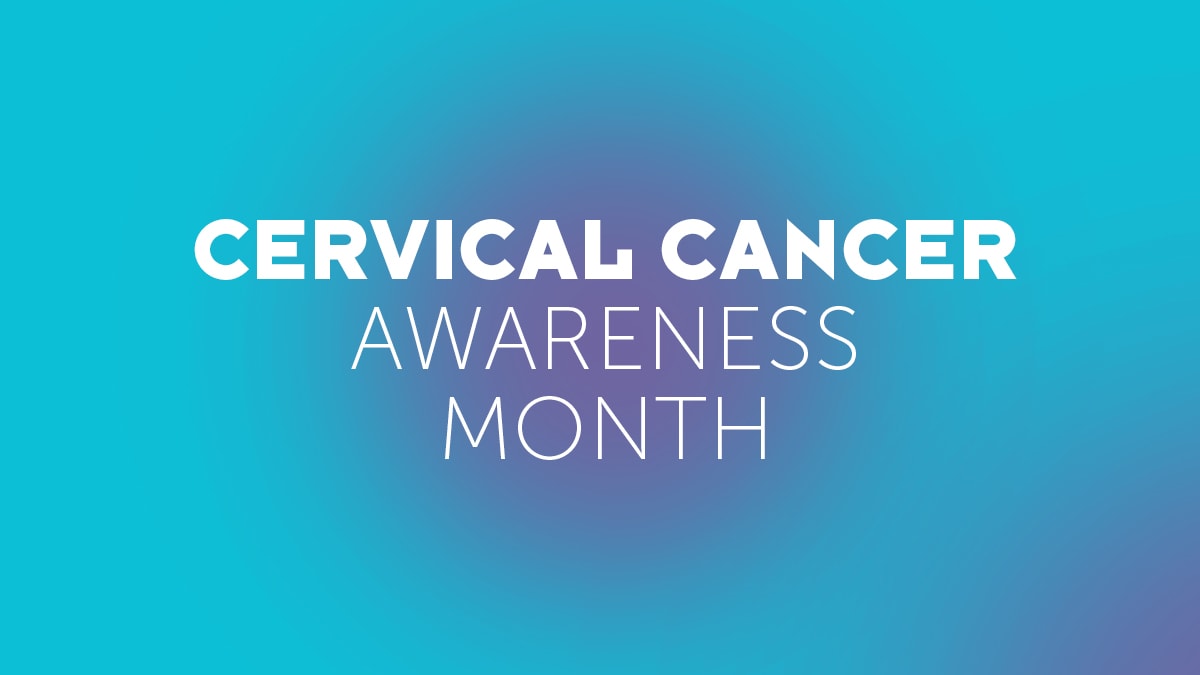
Before you head outside this sunny season — whether it be for work or your next social outing — be mindful of the risks of prolonged sun exposure. The sun releases ultraviolet (UV) rays which can cause sunburn, eye damage and skin cancer, including melanoma.
Although skin cancer is the most common type of cancer (rates are rising in the province, with 1 in 7 people in B.C. developing it over their lifetime), it is also one of the most preventable.
Here are five tips for being safe in the sun:
- Check the UV Index forecast in your daily weather reports. If the UV Index is 3 (moderate) or more, be sure to take the appropriate sun safety precautions – especially near anything with reflective qualities such as sand, snow, concrete and water, which can double UV strength.
- Limit your time in the sun. The sun’s rays are the most intense between 11 a.m. and 3 p.m., so it is best to limit your time outside during this window or to seek shade under trees, umbrellas or awnings.
- Cover up. Wear dark, tightly woven clothes that cover your arms and legs, and a wide-brimmed hat to protect your face, neck, ears, and the top of your head. If you’re unsure if your clothes or hats offer sun protection, hold them up to a light source; if light can easily go through, so can the sun’s rays.
- Protect your eyes. Wear UV-blocking sunglasses, goggles or safety glasses that provide UV protection for your eyes and the skin surrounding your eyes.
- Use sunscreen. Before going outside, apply sunscreen with a SPF of 30 or greater and “broad-spectrum” protection against UVA and UVB rays. Be sure to reapply throughout the day — every two hours, or after sweating or swimming. When shopping for sunscreen, look for an endorsement from the Canadian Dermatology Association (CDA) on the bottle or packaging.
When detected early, skin cancer is treatable. If you notice any sores that aren’t healing within a reasonable time, a lesion on your skin that looks different from the rest, or a mole that is new or has changed in colour, shape or size, make sure to speak with a health care professional.
Source: BC Cancer, Reduce Your Risk
Interested in helping us raise funds to support research and care at BC Cancer?
Join us at one of our upcoming events this summer — and don’t forget to bring your sunscreen!


